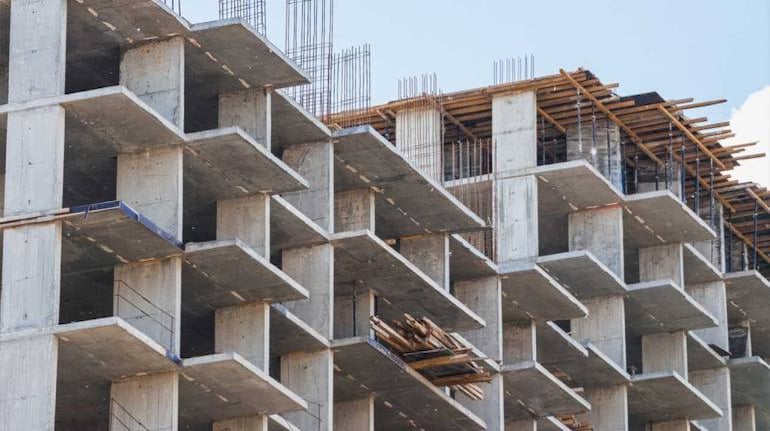



The coronavirus outbreak is perhaps the fourth 'Black Swan' event being witnessed by the Indian real estate sector in since 2016, according to a report by ICICI Securities.
The real estate sector is still coming to terms with disruptions like RERA, GST implementation and the NBFC funding crisis.
New launches planned in April-May 2020 will be pushed back till at least September 2020 to coincide with the festive season, the report noted.
Since early this month, the coronavirus scare scare has led to buyer footfalls falling off dramatically in the largest markets of MMR and NCR and to a lesser extent across South India. The prospect of falling sales in ongoing projects and deferment of upcoming launches may lead to a drop in construction activity, the report said.
Track this blog for live updates on the coronavirus outbreak
Markets of Mumbai Metropolitan Region (MMR), National Capital Region (NCR) and Pune have come to a virtual standstill while few projects in South India across Bengaluru, Chennai, Hyderabad are still seeing some footfalls, it noted.
'House - a touch and feel purchase'
With residential real estate typically being a "touch and feel" high ticket purchase, any extended spell of social distancing owing to the coronavirus outbreak may lead to cash flow management issues in ongoing projects where a fall in collections may lead to a drop off in construction activity. Further, new launches planned in April-May 2020 will be pushed back till at least September 2020 to coincide with the festive season, the analysis said.
Real estate projects rely on a number of imported items such as glass, marble, MEP (mechanical, electrical and plumbing) works and other finishes. With global supply chains seeing disruption owing to COVID- 19, construction is likely to get delayed.
Falling sales in ongoing projects may result in lower collections and force developers to go slow on construction activity. This may in turn have a cascading effect wherein highly leveraged developers are unable to service loans, it said.
With RERA mandating developers to deliver projects in a specified time frame, any significant delays may lead to further litigations, it warned.
The spectre of job losses owing to an overall economic slowdown in India may lead to homebuyers delaying their EMI payments in ongoing projects. New home sales may also get impacted in case of a prolonged economic slowdown, it said.
Developers with strong balance sheets will weather the storm
Also with sales in ongoing projects likely to see a drop in collections and construction activity in case the coronavirus outbreak is not contained, only developers with strong balance sheets will be able to weather the storm, according to an analysis by ICICI Securities.
"For a number of smaller unlisted developers, the COVID-19 induced slowdown can become the proverbial 'straw that broke the camel's back',” it said.
Another report by India Ratings has said that the global economic slowdown coupled with COVID-19 (coronavirus) pandemic is likely to negatively impact residential real estate demand in the country in the current fiscal year.
"Residential demand could remain suppressed in FY21 as well, given the increasing downside risks to the country's economic growth, projected at 5.5 per cent, should the COVID-19 outbreak sustain through first quarter of FY2021," India Ratings said.
The agency noted that the demand-side risks combined with rising uncertainty over credit availability for the sector in the light of recent financial market meltdown and increasing risk aversion could add to refinancing as well as liquidity risks for the sector.
"Unsold inventory levels are likely to remain stable at around 14 quarters in FY20 and FY21, supported by limited launches and deferment of launches in view of COVID-19," it noted.
Discover the latest Business News, Sensex, and Nifty updates. Obtain Personal Finance insights, tax queries, and expert opinions on Moneycontrol or download the Moneycontrol App to stay updated!